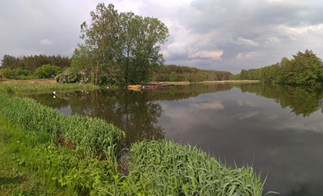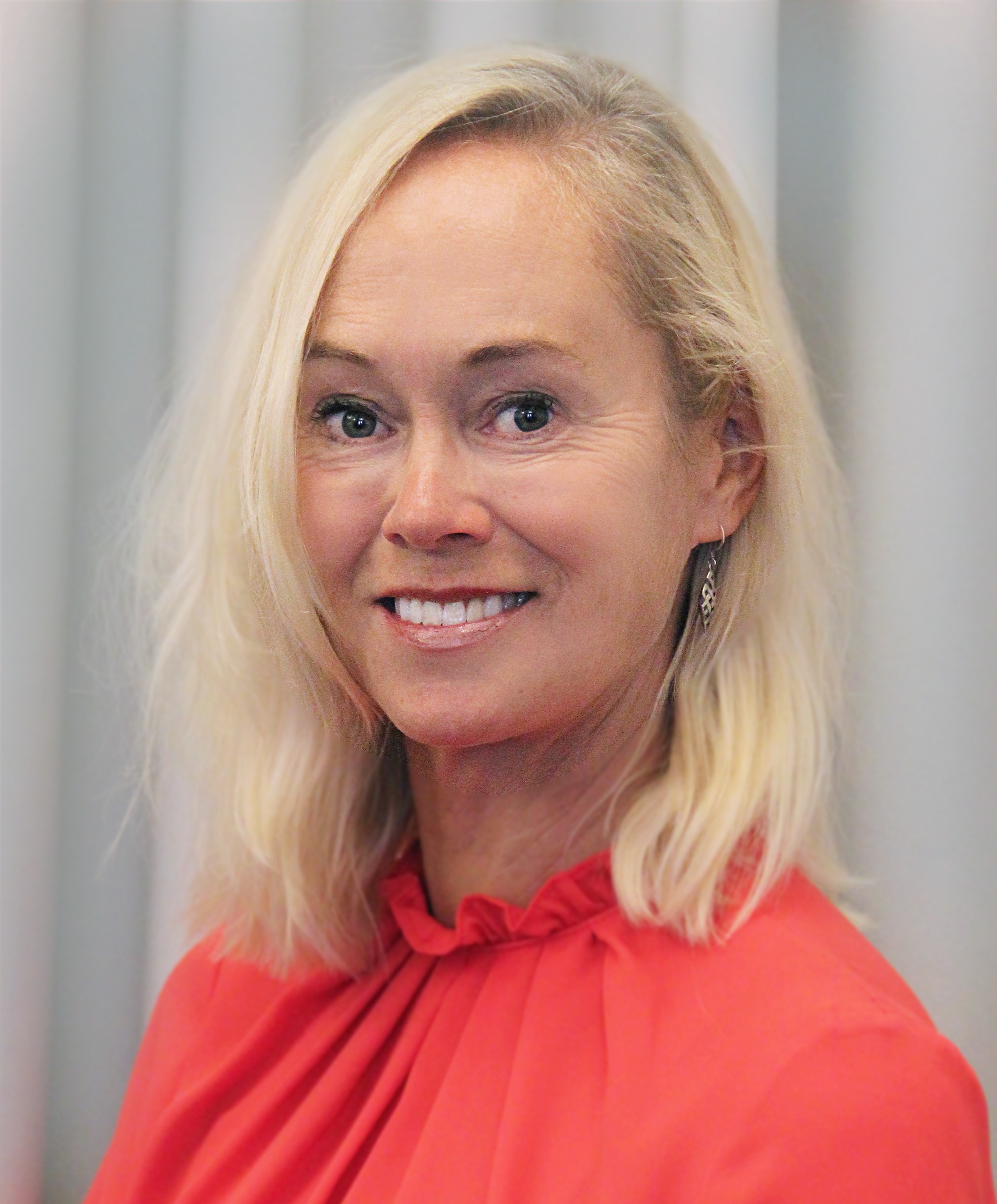PERSPECTIVES

Aquaculture is one of the most promising industries for low-volume private agriculture in Belarus. But breeding fish in ponds leads to changes in water quality, resulting in eutrophication and subsequent pollution.
To speed up the processes of biological rehabilitation the use of the method of biological rehabilitation due to the algolization of the alga Chlorella vulgaris is possible.
In order to assess the effectiveness of using the algolization method we conducted it with our own strain and estimated a number of water parameters, also productivity of mirror carp.
Thus, we obtained data indicating the high efficiency of algolization of fish ponds which was expressed in improving the water and increasing the carp productivity, thereby achieving an economic effect of algolization.
Our family rents ponds in Belarus for growing mirror carp. This has a negative impact on the environment. In order to find an effective method to reduce damage to the environment and to increase the economic efficiency of carp cultivation, we decided to try the method of algolization.
ADDING OF MICROALGAE CHLORELLA VULGARIS IMPROVE SOME BIOLOGICAL PARAMETERS OF FISHPONDAquaculture, which in Belarus means breeding and growing mainly fish, is one of the most promising industries for low-volume private agriculture in Belarus. The study and promotion of aquaculture has initiated the active creation of many fish farms in recent years. The development of private fish farms is consistent with government goals and allows solving problems of ensuring the country's food security and import substitution of food products. The mirror carp is one of the most valuable promising objects of fish farming in Belarus. Along with the temperature and feeding regime, protection from diseases and parasites, water quality is the most important factor contributing to the success of carp breeding. On the other hand, breeding fish in ponds, in particular, mirror carp, leads to changes in water quality, resulting in eutrophication and subsequent pollution. In most cases, the ecological status of water bodies is closely related to human activities. The increase in the production of mirror carp in ponds of Belarus will inevitably lead to a deterioration in the ecological status of water bodies and related territories. This increasing man-made load causes a significant environmental disturbance. Forecasts for the future do not always inspire optimism. This is largely due to the further expansion of the scale of production and the imperfection of the technologies used. Existing development projects for the treatment of industrial waste are often not used for economic reasons. The proposed method of cleaning waste specific production must meet not only the quality requirements, but also be quite simple to use and low-cost. The theoretical basis of biological rehabilitation is a comprehensive solution to the problems of polluted water bodies. The scheme of biological rehabilitation of water bodies includes actions aimed at minimizing pollutants, improving sanitation, preventing the "blooming" of water by blue-green algae, biological amelioration of higher aquatic vegetation and, finally, fishing. The most promising method used for the biological rehabilitation of wastewater and polluted water bodies is the green alga from a genus of single-celled green algae belonging to the division Chlorophyta – Chlorella vulgaris strains. The standardized method of using Chlorella in cleaning does not currently exist. In addition, it is necessary to select specialized strains of Chlorella for various purposes: for the purification of wastewater of various origins, to improve the state of water in drinking water bodies or fish ponds. In connection with the foregoing, the goal of our work is to study the possibility of using the selected Chlorella strain to improve the quality of water in the fish pond. The development of guidelines for the algolization of fish ponds is envisaged in the case of obtaining a meaningful practical results. To achieve this goal, we solved a number of tasks: 1) Select and characterize fish ponds for research. 2) Assess the state of water in the ponds under study before algolization begins. 3) To select the active strain of chlorella, the most successful in reproduction in water of ponds. 4) To conduct the production of chlorella suspension for algolization of the pond. 5) Assess the dynamics of the variability of water quality indicators after algolization. 6) To assess the effect of algolization on the production of mirror carp. 7) Formulate practical guidelines for algolization of fish ponds. The novelty of our research consists in the selection of the active strain of Chlorella and the selection of unique parameters of algolization of fish ponds in Belarus. Economic efficiency ща this project is the potential increase in fish productivity after algolization. The global benefit of the project is to minimize the harmful effects of the fish farm on the environment and the biological restoration of the natural balance in the fish-growing region.
ADDING OF MICROALGAE CHLORELLA VULGARIS IMPROVE SOME BIOLOGICAL PARAMETERS OF FISHPONDResults: 1. To prevent the mass development of blue-green algae, it is possible to carry out algolization of the fish pond with planktonic strains of chlorella (Chlorella vulgaris strain lab-3). 2. In a mini installation at home, you can successfully cultivate chlorella, which allows you to get about 40 liters of live algae biomass from 1 liter of suspension for three days. 3. With introduction of chlorella into the fish pond 2 with an area of 0.50 ha at spring 2018, the number of aquatic organism increases, the hydrochemical, especially oxygen regime of reservoirs improves, which increases the productivity of fish ponds by 2.5 times compared to the average standards for hinged carp mirror. 4. Growing three-age mirror carp larvae in the test ponds, fingerlings of the first planting material showed optimal results compared to the second and third yearling fingerlings, which suggests that the optimum time for fish planting material was earlier introduction into the reservoir. This method of algolization of ponds (periodical addition of algae) is suitable for reservoirs with a high density of fish landing. The use of this technique is suitable for small farms in the Republic of Belarus.

Programme manager ania.andersch@siwi.org +46 8 121 360 59